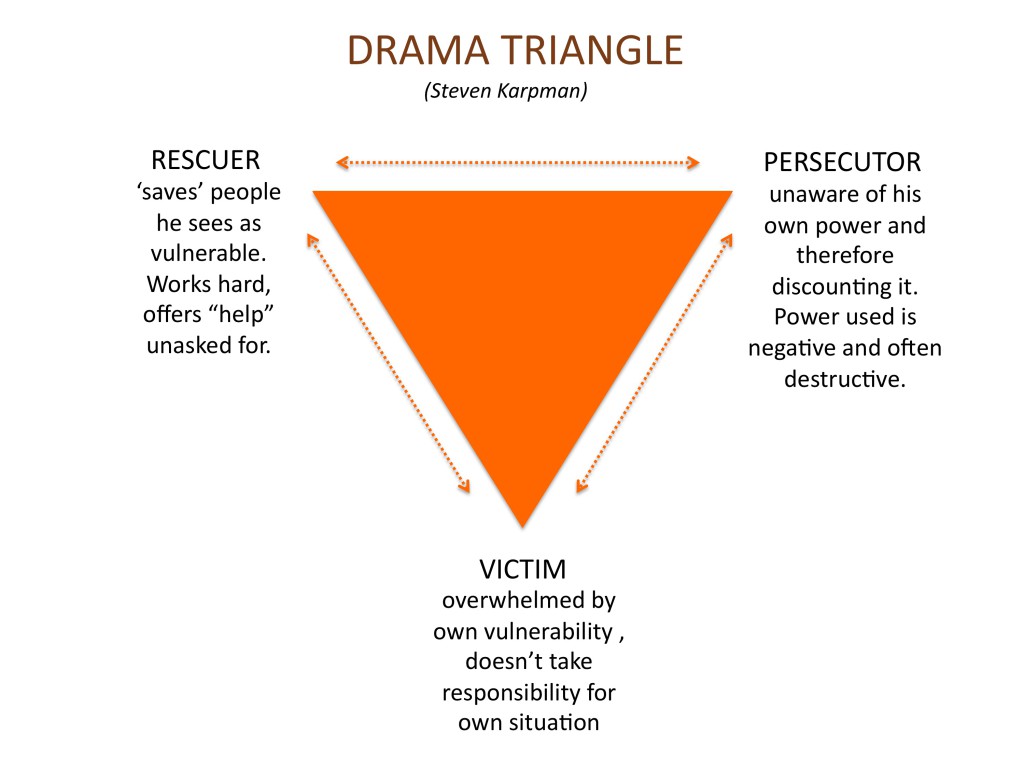How many times have you pondered or talked about someone else’s crazy-to-you behaviour? Why would they even do that? But, of course, others may have wondered about your behaviour too….
Goleman describes the amygdala hijack as an instantaneous and overpowering passionate response to a stimulus that has activated significant emotional danger. The amygdala is the part of the human brain that handles emotions. What is fascinating about the amygdala is that it does not depend on physical threats to be activated. Goleman describes three signs of an amygdala hijack:
- strong emotional reaction
- sudden and intense emotional reaction
- saying or doing something or sending an email you later realize was inappropriate.
But when activated, it causes us to become childish, as we have learned the behaviour we are exhibiting in childhood. Indeed, the opposite of an amygdala hijack is emotional intelligence. So we must stop now so we do not get emotionally hijacked. I recognized this and thus articulated one of the best ways, in my experience, to manage conflict states, contexts, and interactions to become more aware. This is the actual mechanism that is foolproof.
- Are stress and conflict, inner and outer, part of life?
- How do you deal with conflict?
- How can you prepare for conflict?
Indeed, awareness is the first step to honestly generating what you want to understand in your life. When you focus on yourself, you will find that your responsiveness, feelings, responses, and conduct determine how you manage conflict. Developing this awareness permits you to appreciate where your judgements and reactions are taking you. Then, take control of your emotions, behaviour, and personality so you can make the changes you want. Until you are mindful in the instant of your thoughts and feelings, you will struggle with resolving conflict and will not be able to focus on open dialogues.
So the big question is, if drama is such a big waste of time, why do people engage in it?
Steven Karpman developed one prominent model to explain what happens. He called it the Drama Triangle and was used to plot the interplay and behavioural “moves” between two or more people. Karpman’s initial belief was based on the Transactional Analysis (TA) model as proposed by Eric Berne in the ’50s. Karpman explored the roots of dramatic behaviours and determined three roles that initiated his drama triangle model.
- The Victim feels someone or an event is persecuting them. They blame situations and others for their circumstance.
- The Rescuer finds purpose in fixing things for the Victim. The Rescuer concentrates on what isn’t working, so they consistently have a job to do. This role allows Victims to stay in victim mode.
- The Persecutor wants to be superior to or in a better position than others.
Because people are trying to manage their own fears and insecurities while simultaneously making sense of and responding to how other people function, people are endeavouring to figure out how to work with their colleagues or even survive in the same family.
An obligatory part of life, conflict is conveyed in countless ways. It intrudes into our everyday life, and if we are not prepared for it, it can be destructive and destabilizing. Learning about the amygdala made me realize that mine was on overdrive. If it perceives a threat, it can lead me to react irrationally and negatively.
How to Get Out of Your Own Way: Conflict Dialogue—How It Works
Before the dialogue, if you have time, write down the following responses:
- How can I do to better understand our differences and strengths?
- How can I leverage the communication?
- What resources do you have?
- What are the obstacles for you?
Then, during the conversation, do these things:
- Slow down to speed up; slow down your pace; lower your tone to speed up
- Remember the common purpose.
- Plan but don’t script.
- Acknowledge your counterpart’s perspective.
- Have empthy this is not easy for them too.
Reflect and learn you won’t get it “right” the first time, but if you walk away being more aware of yourself, your triggers and how you manage difficult convos, then that’s fabulous. #babysteps
Reference Steven Karpman


